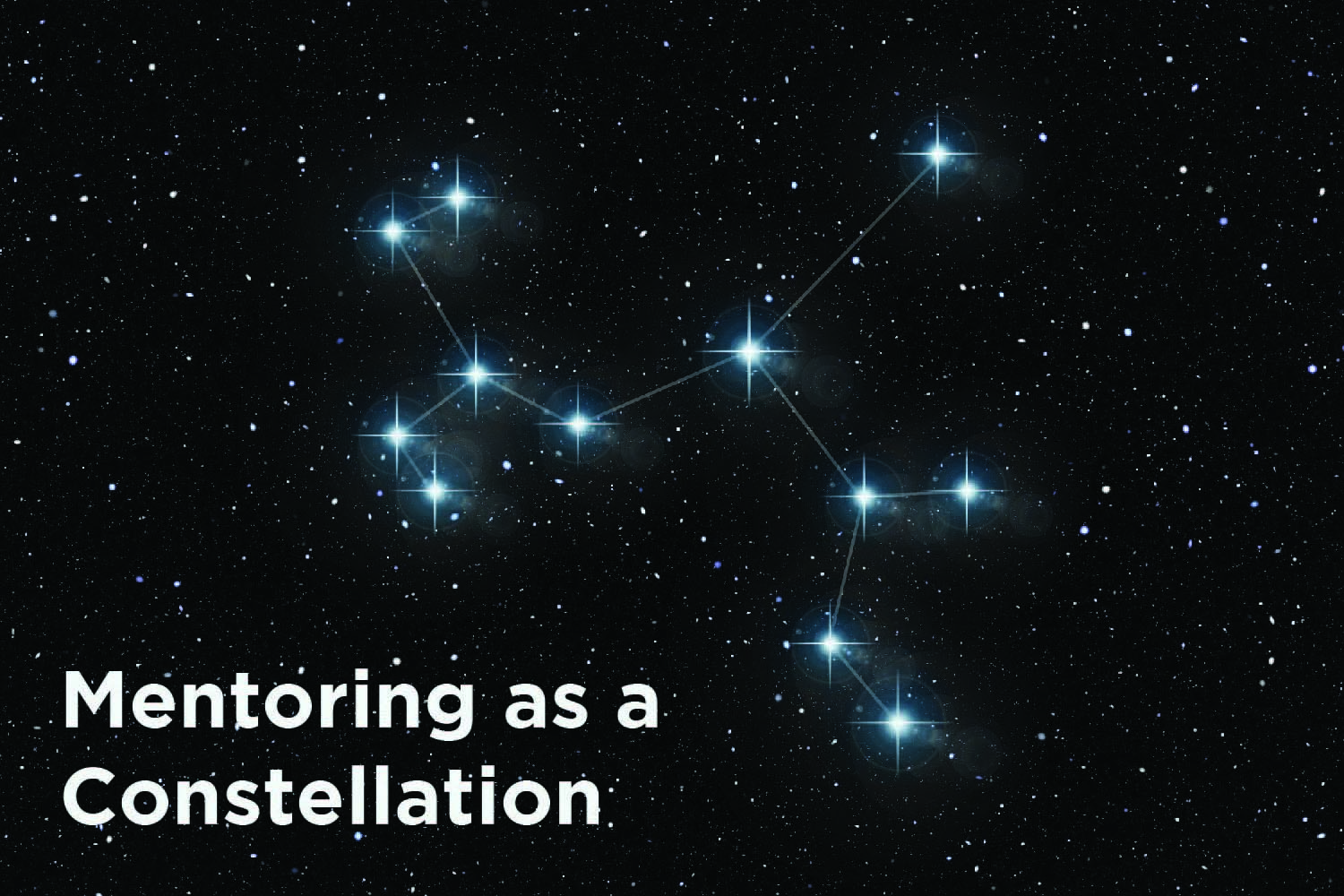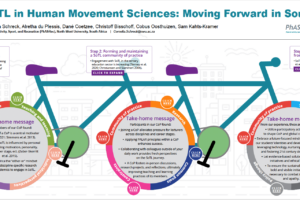
A Constellation Model for Mentoring Undergraduates During COVID-19
By Maureen Vandermaas-Peeler, Jessie L. Moore and Amy Allocco
How did the COVID-19 pandemic change mentoring relationships on college campuses? Given the value placed on mentoring on our campus, we conducted a multi-method study to examine faculty, staff, and students’ perceptions of how the global health crisis affected mentoring relationships at Elon University.
We framed the study within a mentoring constellation model to highlight the relationships individuals have with multiple people who support and advance their personal and professional development and found that having a diverse set of mentors positively impacts students’ and mentors’ experiences during times of disruption. Within constellations, mentors employ strategies such as collaborative co-mentoring with intentional engagement in mentoring practices that balance challenge and support of student learning and development. Among the ongoing challenges of delivering this model are the scalability of and access to sustained, in-depth mentoring experiences and mentoring capacity. These challenges are especially acute for students, faculty, and staff with minoritized identities in our predominantly white institutional context.
We see promising ways that our results can apply to other institutional contexts beyond Elon’s relationship-rich culture. We suggest, for example, that universities can strive to sustain mentoring constellations by:
- Conceptualizing and defining relationships in multiple ways so that everyone sees the importance of meaningful relationships as valuable unto themselves, and possible precursors to sustained, in-depth mentoring relationships.
- Scaffolding multiple opportunities across curricular and co-curricular spaces can ensure that students have multiple pathways of support.
- Recognizing that in a constellation model not every mentor is expected to serve every function.
- Supporting professional development for mentoring across identities.
- Structuring in-person and virtual social engagement opportunities for establishing and deepening connections during times of disruption.
- Connecting mentors within and across constellations.
- Adapting characteristics of cohorted programs (e.g., near-peer mentoring) to other subgroups within the university community.
We invite you to read our article and consider the potential of the constellation framework and collaborative co-mentoring in your own settings.
Find the TLI article here.




